As the Israelites were wandering in the desert without a way to raise their own food (and complaining incessantly about missing the food of Egypt, while they were slaves), God provides miraculous “manna” to eat. They could not provide for themselves or be self-sufficient; they could only depend on God’s Providence.
What they should have learned from this is that God loved them and cared for them; He gave them just what they needed, and only what they needed, as the manna could not be kept overnight (except before the Sabbath – another miracle!). Each day, God gave them what they would need for that day, because He loved them and did not want them to die.
They were compelled, individually and as a people, to rely on God and each other; God was forming a people who understood how to trust Him and cooperate with one another, and who were now ready for the Promised Land.
This brings us to the crowds in today’s Gospel, who were also learning to trust. They followed Jesus and were no doubt begging him to heal them and relieve them of their difficulties. Jesus’ heart was moved with pity for them, so he cured the sick and taught them. All day.
The disciples, like Moses, are exasperated and exhausted and tell Jesus he should send them all away for the night. But Jesus is always teaching, and he teaches both the crowds and the disciples something. “Give them some food yourselves,” he says. Who in their right mind would suggest that five loaves and two fish would be enough to feed over 5,000 people?! It is barely enough for the disciples to survive on. How will they feed all these people? Impossible.
Jesus wants to teach them that they do not need to provide everything themselves; they can rely on him to provide all they need. Love can do all things; Love reaches down into our insufficiency when we open it up to Him and makes it MORE than sufficient. That day, they learn that if they put the little they have in the Lord’s hands, it becomes more than enough. This is what happens with each of us: if we give the little we have, God multiplies it, makes it fruitful, uses it in service of the Kingdom. None of our goodwill efforts are wasted! No matter how little it seems, whatever we give is received and multiplied.
He is also foreshadowing the institution of the Eucharist, as he takes the bread, looks up to heaven, blesses it, breaks it, and gives it to the disciples. In the Eucharist, we are given today all we need and more. We don’t have to be self-sufficient; we need only open our insufficiency to God’s Providence in trust. In the Eucharist, we truly become the Body of Christ. We are not alone anymore. Each day, Jesus gives us what we need for the day, because He loves us and wants us to be fully alive.
Contact the author
Mientras los israelitas caminaban sin rumbo por el desierto sin una forma de obtener su propia comida (y quejándose sin fin por perder la comida de Egipto, mientras eran esclavos), Dios proporciona un “maná” milagroso para comer. No podían valerse por sí mismos ni ser autosuficientes; sólo podían depender de la Providencia de Dios.
Lo que deberían haber aprendido de esto es que Dios los amaba y cuidaba de ellos; les dio justo lo que necesitaban, y solo lo que necesitaban, ya que el maná no se podía guardar durante la noche (excepto antes del sábado, ¡otro milagro!). Cada día, Dios les dio lo que necesitaban para ese día, porque los amaba y no quería que se murieran.
Fueron obligados, individualmente y como pueblo, a confiar en Dios y en los demás; Dios estaba formando un pueblo que entendiera cómo confiar en Él y cooperar unos con otros, y que ahora estaba listo para la Tierra Prometida.
Esto nos lleva a las multitudes del Evangelio de hoy, que también estaban aprendiendo a confiar. Seguían a Jesús y sin duda le rogaban que los curara y los aliviara de sus dificultades. El corazón de Jesús se conmovió de compasión por ellos, así que curó a los enfermos y les enseñó. Todo el dia.
Los discípulos, como Moisés, están exasperados y exhaustos y le dicen a Jesús que los envíe a todos a pasar la noche. Pero Jesús siempre está enseñando, y enseña algo tanto a la multitud como a los discípulos. “Denles algo de comida ustedes mismos”, dice. ¿Quién en su sano juicio sugeriría que cinco panes y dos peces serían suficientes para alimentar a más de 5000 personas? Apenas es suficiente para que los discípulos sobrevivan. ¿Cómo van a alimentar a toda esta gente? Imposible.
Jesús quiere enseñarles que no necesitan proveerse de todo ellos mismos; pueden confiar en él para que les proporcione todo lo que necesitan. El amor puede hacer todas las cosas; el amor alcanza nuestra insuficiencia cuando nos abrimos a Él y la hace MÁS que suficiente. Ese día aprenden que si ponen en las manos del Señor lo poco que tienen, se vuelve más que suficiente. Esto es lo que sucede con cada uno de nosotros: si damos lo poco que tenemos, Dios lo multiplica, lo hace fecundo, lo pone al servicio del Reino. ¡Ninguno de nuestros esfuerzos de buena voluntad se desperdicia! Por poco que parezca, todo lo que damos es recibido y multiplicado.
También está prefigurando la institución de la Eucaristía, cuando toma el pan, mira al cielo, lo bendice, lo parte y se lo da a los discípulos. En la Eucaristía, hoy se nos da todo lo que necesitamos y más. No tenemos que ser autosuficientes; solo tenemos que abrir nuestra insuficiencia a la Providencia de Dios en confianza. En la Eucaristía, nos convertimos verdaderamente en el Cuerpo de Cristo. Ya no estamos solos. Cada día, Jesús nos da lo que necesitamos para el día, porque nos ama y quiere que vivamos plenamente.
Comunicarse con la autora
 Dr. Alexis Dallara-Marsh is a board-certified neurologist who practices in Bergen County, NJ. She is a wife to her best friend, Akeem, and a mother of two little ones on Earth and two others in heaven above.
Dr. Alexis Dallara-Marsh is a board-certified neurologist who practices in Bergen County, NJ. She is a wife to her best friend, Akeem, and a mother of two little ones on Earth and two others in heaven above.

 Kate Taliaferro is an Air Force wife and mother. She is blessed to be able to homeschool, bake bread and fold endless piles of laundry. When not planning a school day, writing a blog post or cooking pasta, Kate can be found curled up with a book or working with some kind of fiber craft. Kate blogs at
Kate Taliaferro is an Air Force wife and mother. She is blessed to be able to homeschool, bake bread and fold endless piles of laundry. When not planning a school day, writing a blog post or cooking pasta, Kate can be found curled up with a book or working with some kind of fiber craft. Kate blogs at 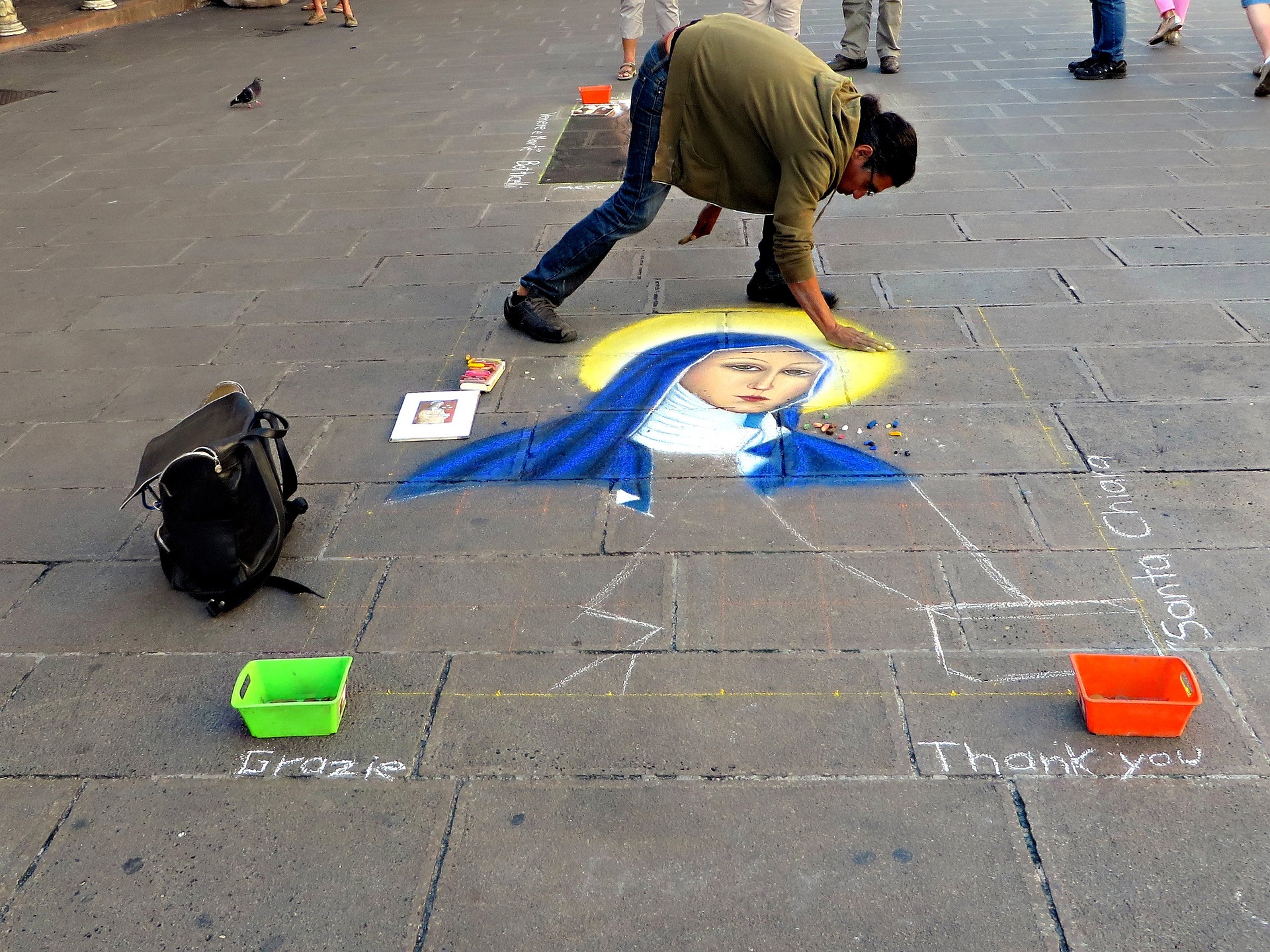

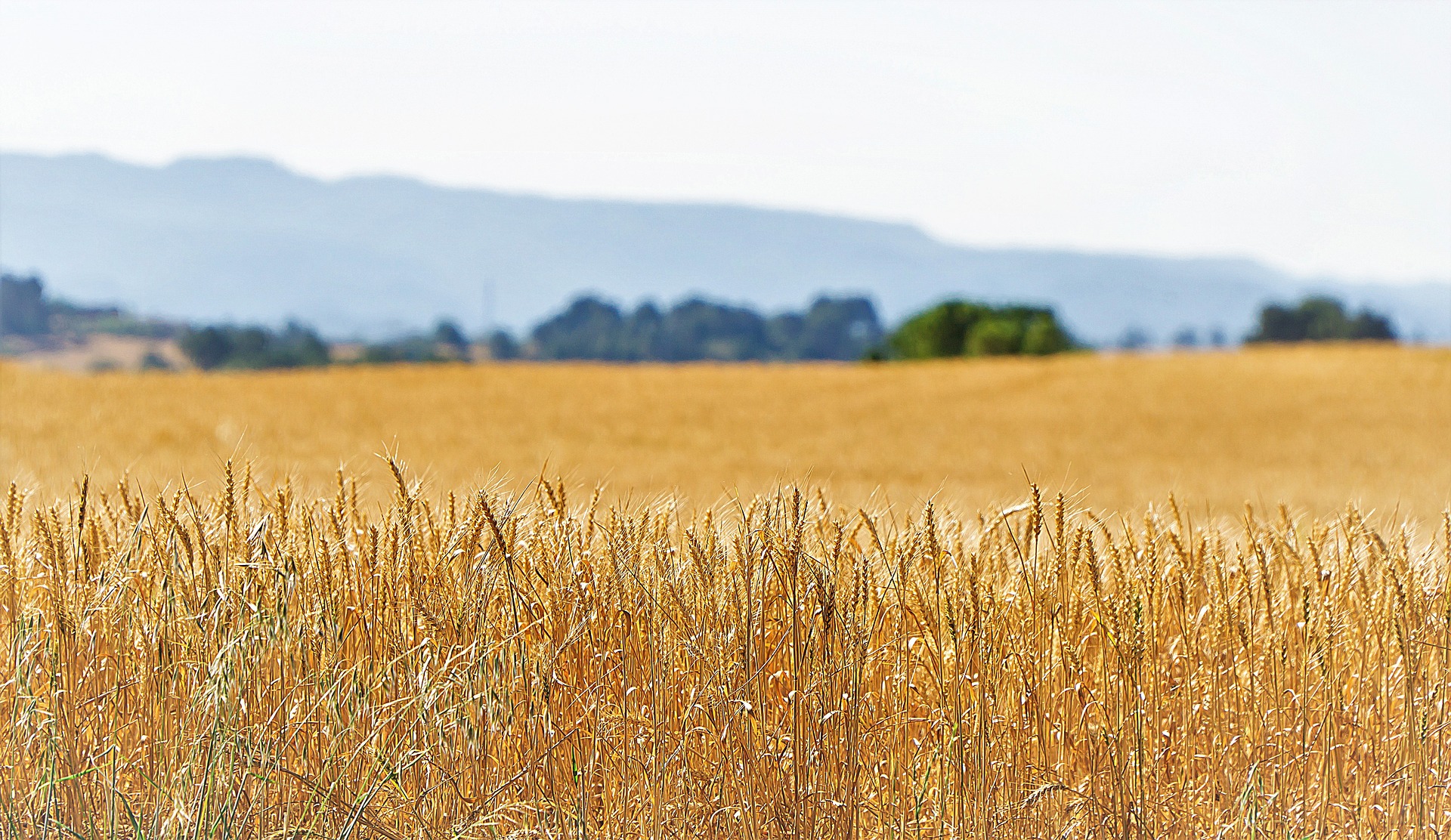


 David Dashiell is a freelance author and editor in Nashville, Tennessee. He has a master’s degree in theology from Franciscan University, and is the editor of the anthology
David Dashiell is a freelance author and editor in Nashville, Tennessee. He has a master’s degree in theology from Franciscan University, and is the editor of the anthology 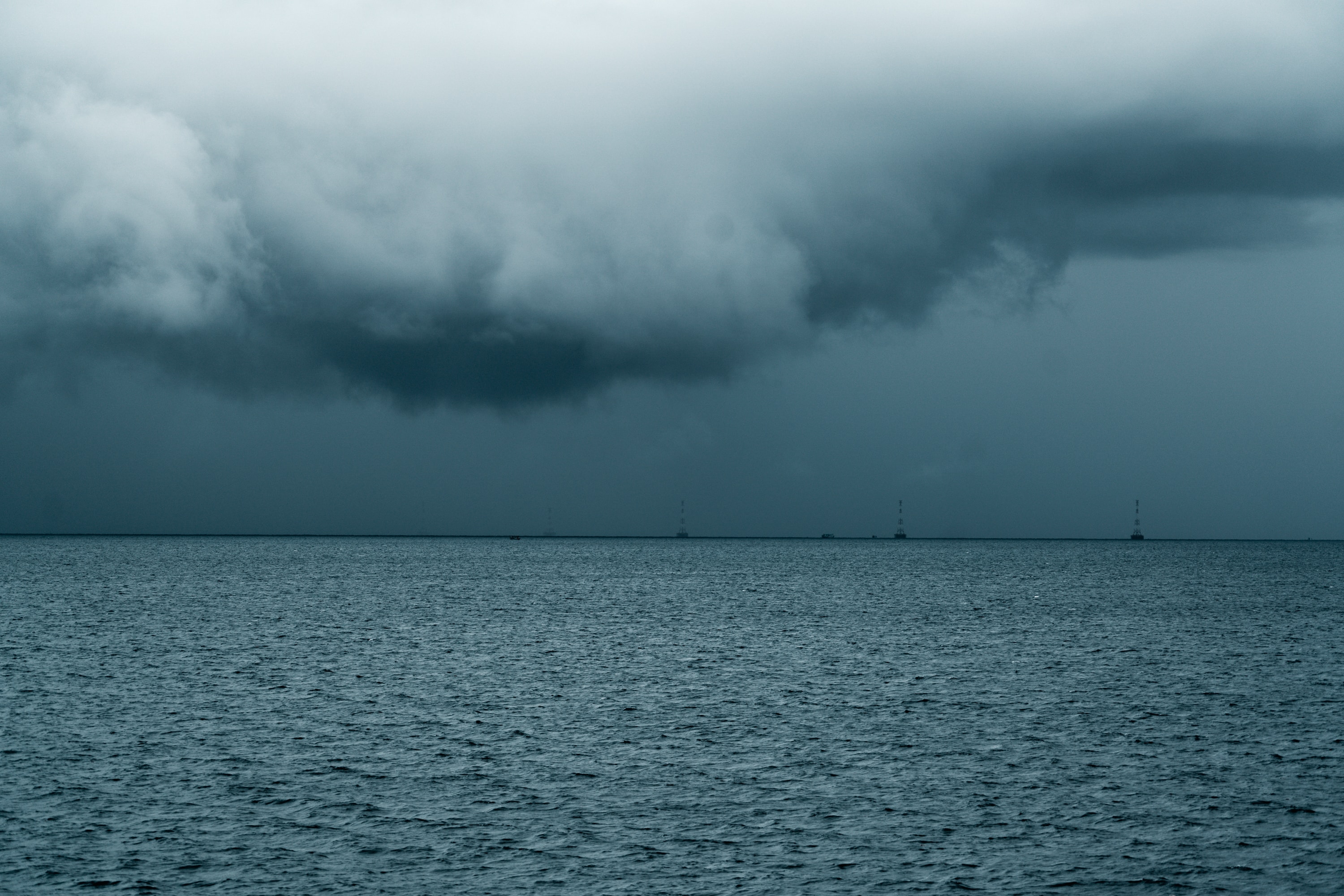
 Merridith Frediani loves words and is delighted by good sentences. She also loves Lake Michigan, dahlias, the first sip of hot coffee in the morning, millennials, and playing Sheepshead with her husband and three kids. She writes for Catholic Mom, Diocesan.com, and her local Catholic Herald. Her first book Draw Close to Jesus: A Woman’s Guide to Adoration is available at Our Sunday Visitor and Amazon. You can learn more at
Merridith Frediani loves words and is delighted by good sentences. She also loves Lake Michigan, dahlias, the first sip of hot coffee in the morning, millennials, and playing Sheepshead with her husband and three kids. She writes for Catholic Mom, Diocesan.com, and her local Catholic Herald. Her first book Draw Close to Jesus: A Woman’s Guide to Adoration is available at Our Sunday Visitor and Amazon. You can learn more at 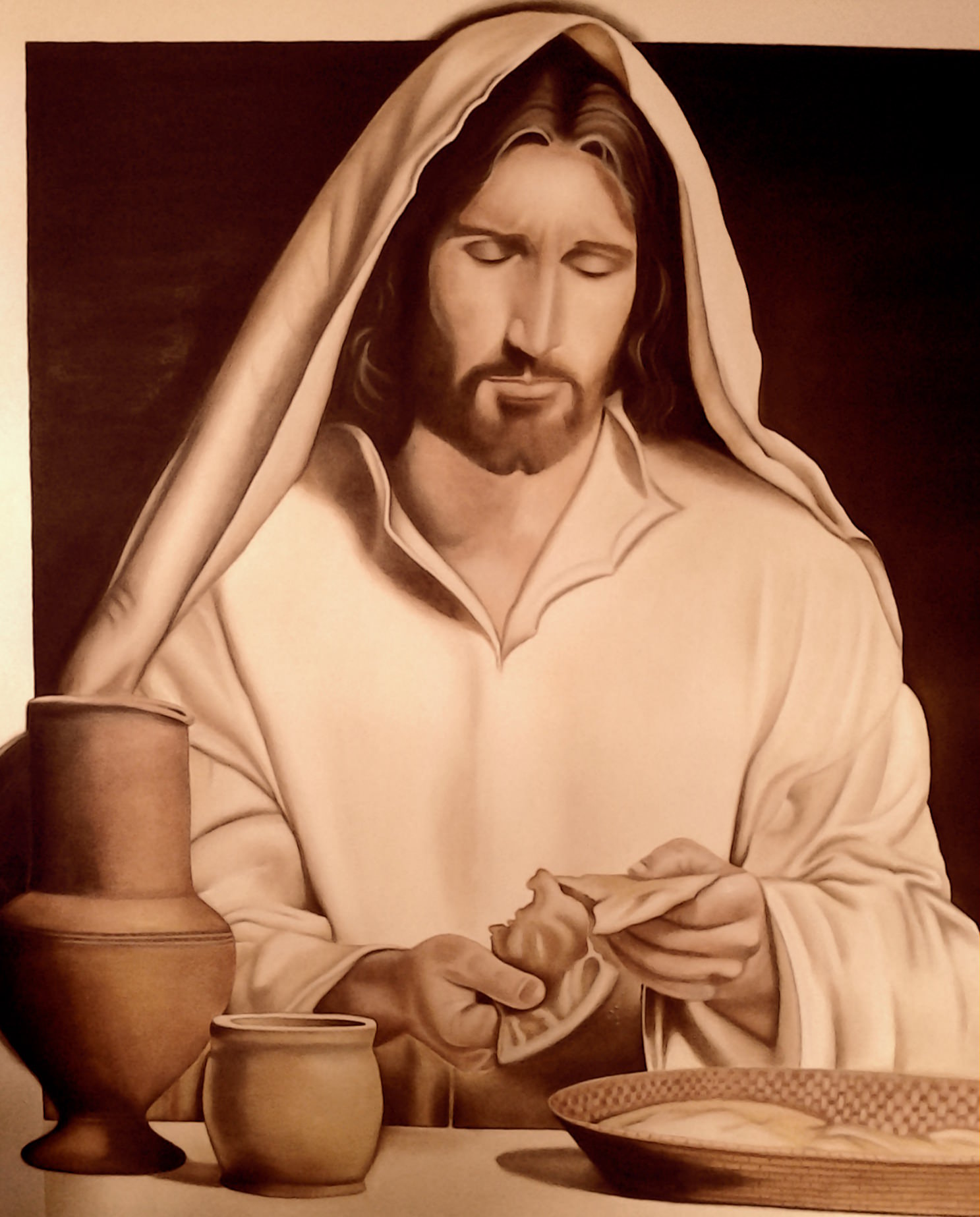
 Kathryn Mulderink, MA, is married to Robert, Station Manager for Holy Family Radio. Together they have seven children (including Father Rob), and seven grandchildren. She is President of the local community of Secular Discalced Carmelites and has published five books and many articles. Over the last 30 years, she has worked as a teacher, headmistress, catechist, Pastoral Associate, and DRE, and as a writer and voice talent for Catholic Radio. Currently, she serves the Church by writing and speaking, and by collaborating with various parishes and to lead others to encounter Christ and engage their faith. Her website is
Kathryn Mulderink, MA, is married to Robert, Station Manager for Holy Family Radio. Together they have seven children (including Father Rob), and seven grandchildren. She is President of the local community of Secular Discalced Carmelites and has published five books and many articles. Over the last 30 years, she has worked as a teacher, headmistress, catechist, Pastoral Associate, and DRE, and as a writer and voice talent for Catholic Radio. Currently, she serves the Church by writing and speaking, and by collaborating with various parishes and to lead others to encounter Christ and engage their faith. Her website is 


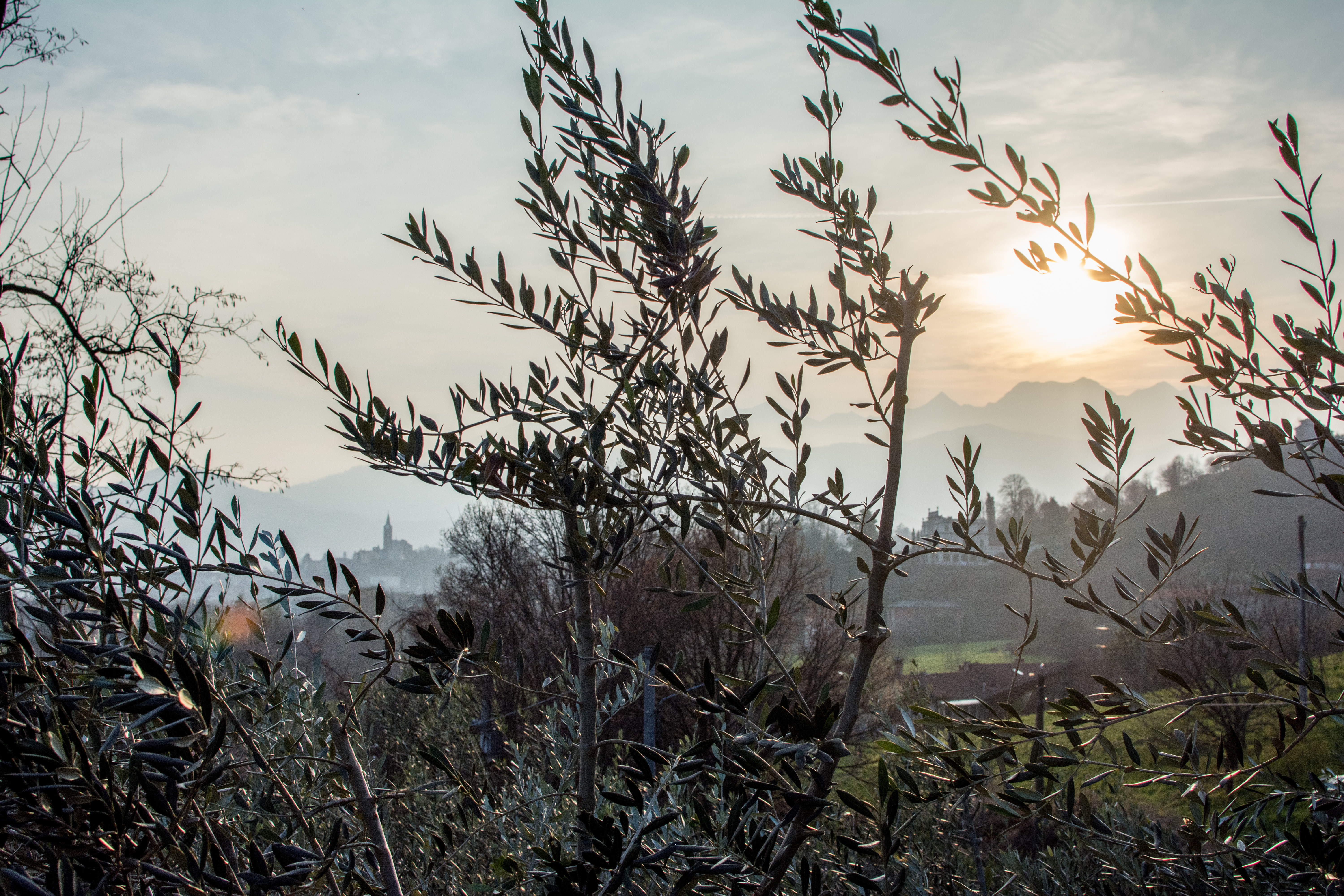
 Emily Jaminet is a Catholic author, speaker, radio personality, wife, and mother of seven children. She earned a bachelor’s degree in mental health and human services from the Franciscan University of Steubenville. She is the co-founder of
Emily Jaminet is a Catholic author, speaker, radio personality, wife, and mother of seven children. She earned a bachelor’s degree in mental health and human services from the Franciscan University of Steubenville. She is the co-founder of 
 Sheryl is happy to be the number 1 cheerleader and supporter for her husband, Tom who is a candidate for the Permanent Diaconate in the Diocese of Kalamazoo. They are so grateful for the opportunity to grow together in this process. Sheryl’s day job is serving her community as the principal for St. Therese Catholic School in Wayland, Michigan. Since every time she thinks she gets life all figured out, she realizes just how far she has to go, St. Rita of Cascia is her go-to Saint for intercession and help. Home includes Carlyn, a very, very goofy Golden Retriever and Lucy, our not-so-little rescue puppy.
Sheryl is happy to be the number 1 cheerleader and supporter for her husband, Tom who is a candidate for the Permanent Diaconate in the Diocese of Kalamazoo. They are so grateful for the opportunity to grow together in this process. Sheryl’s day job is serving her community as the principal for St. Therese Catholic School in Wayland, Michigan. Since every time she thinks she gets life all figured out, she realizes just how far she has to go, St. Rita of Cascia is her go-to Saint for intercession and help. Home includes Carlyn, a very, very goofy Golden Retriever and Lucy, our not-so-little rescue puppy. 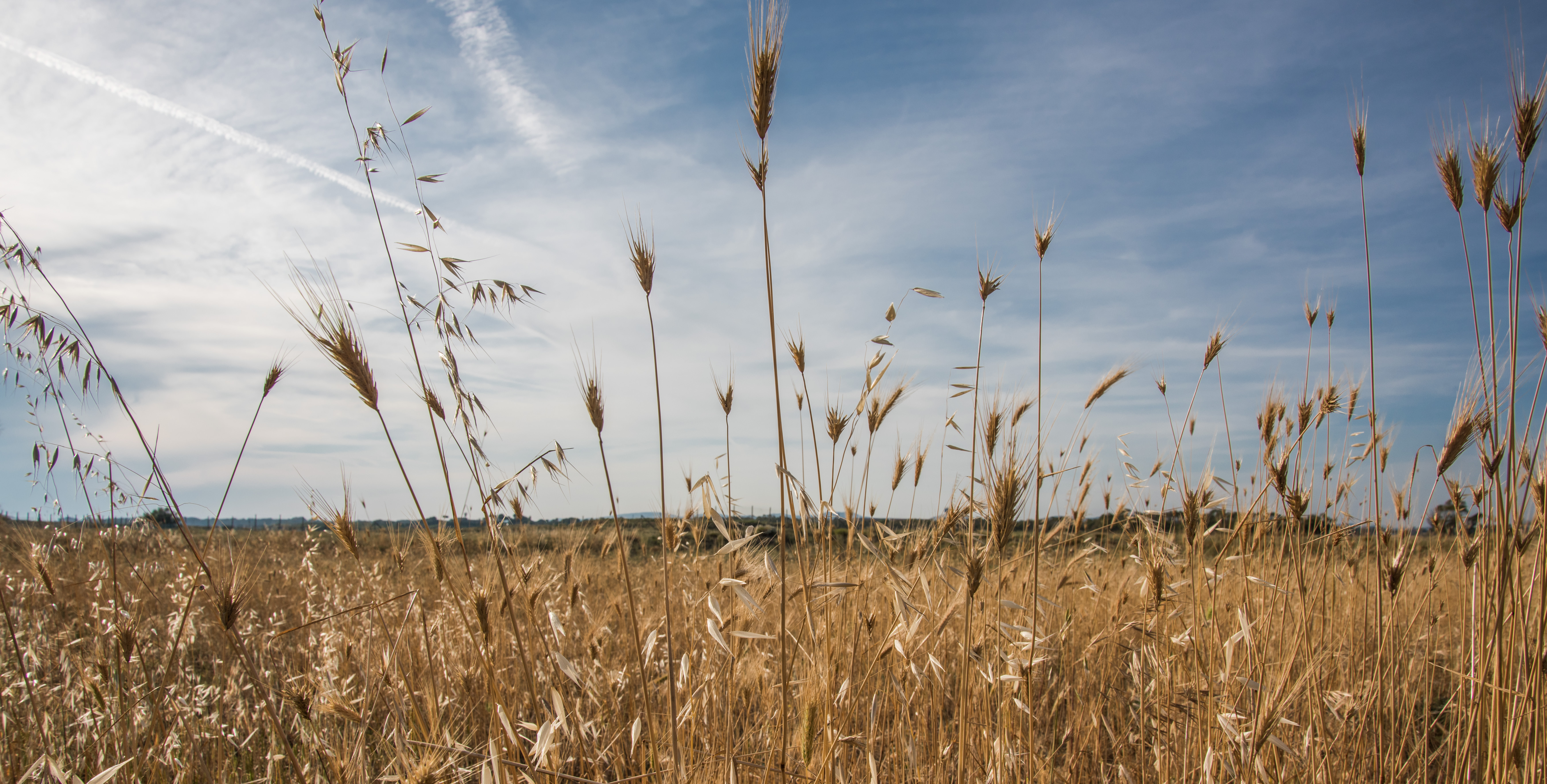
 Dakota lives in Denver, CO with her husband, Ralph, and their two sons, Alfie & Theophilus. She is the Dean of Enrollment Management for Bishop Machebeuf High School where her husband also teaches. You can find Dakota at the zoo or a brewery with her family or with her nose in a book at home. For more of Dakota’s writing check out
Dakota lives in Denver, CO with her husband, Ralph, and their two sons, Alfie & Theophilus. She is the Dean of Enrollment Management for Bishop Machebeuf High School where her husband also teaches. You can find Dakota at the zoo or a brewery with her family or with her nose in a book at home. For more of Dakota’s writing check out